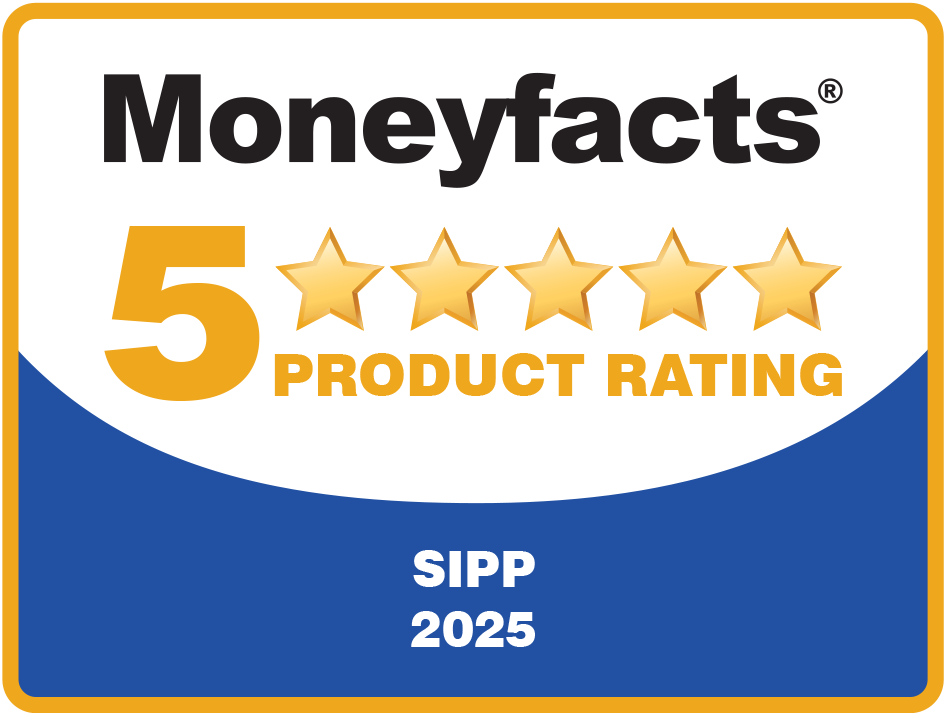The government’s changes to pensions and Inheritance Tax treatment: What we know so far
We’re six months on from the Autumn Budget, in which the government announced its intention for the value of defined contribution (DC) pension schemes to be included in Inheritance Tax (IHT) calculations from April 2027.
This is a big shift from the current position, where pensions are not included in the calculation for IHT. Instead, pension administrators carry out a calculation to see if the total value of an individual’s benefits exceeds the Lump Sum Death Benefit Allowance (LSDBA); no tax is currently due where this is not the case, and the scheme member dies before the age of 75.
If death occurs after the age of 75, the pension benefits are subject to the recipient’s rate of Income Tax when these are distributed from the Scheme, if the total value is below the LSDBA.
Of course, IHT only applies to a deceased’s estate when the value of assets exceeds the nil-rate band (up to £325,000 in 2025/26). Any wealth below this threshold can typically be passed on tax-free, while anything over it is usually subject to IHT at a flat rate of 40%.
Beneficiaries may also be able to inherit up to an additional £175,000 if an asset in the estate is the deceased’s primary residence being passed to a direct descendant. That takes the potential tax-free threshold to up to £500,000.
Furthermore, spouses and civil partners can pass unused nil rate band to each other when one of them passes away. In effect, this allows married and civil partnered couples to pass on up to £1 million between them.
But, with pensions often exceeding this threshold – especially for the high net worth individuals we often work with at IPM – this could easily see more people leaving IHT bills to their families, owing to their significant pension savings.
What has happened since October 2024?
Since this announcement, this is a conversation that we have regularly had with advisers. However, despite a consultation period that closed in January 2025 and the announcements in the Budget having been pored over, nothing else has been formally confirmed.
With just under two years until the new rules are due to come into effect, there is still a significant amount of uncertainty about how a world in which pensions are liable for IHT will look in practice.
- A survey of 75 industry professionals undertaken by WBR Group and reported by Money Marketing saw that over 90% of respondents viewed the introduction of the rules as “retrospective” and “unfair”.
- More than 70% of a group of advisers polled by Quilter suggested they were concerned about pensions coming within the scope of IHT, FTAdviser
- In March, Citywire quoted the new pensions minister, Torsten Bell, at the Pensions and Lifetime Savings Association conference as saying, “We are not going to be changing the approach. Obviously, the consultation was on the approach and how we manage the implementation of it, but changes? No, we are going ahead with making sure pensions are used for [their intended purpose.]”
The final statement appears to have quashed any lingering hopes that there may be a government U-turn on the announcement, despite feedback from the industry as highlighted in the WBR and Quilter surveys.
Where does this leave us?
To be blunt, not really much further forward than we were in October!
In addition to the above:
- From April 2027, pension scheme administrators will become responsible for reporting and paying any IHT due on the value of pension benefits held for a member who passes away.
- Scheme administrators will need to provide the personal representative with the valuation of pension benefits, and it will be their responsibility to inform the Scheme administrator as to the level of IHT due from the pension.
- The spousal exemption to IHT will be extended to pensions.
- With the deadline for paying any IHT due being six months from the end of the month in which the death occurred, it will be important for pension scheme administrators to be made aware of the death as soon as possible. As a bespoke provider, our thoughts turn to a scenario whereby a SIPP has little liquidity (for example, when it is fully invested in commercial property).
- Distribution to benefits from a pension where a death occurs after the age of 75 will still be subject to Income Tax at the recipient’s marginal rate after any IHT has been paid. It has been identified that this could present a double taxation scenario, as Fidelity highlights.
What we have seen since October is an increase in people taking benefits from SIPPs, with the run-up to the end of the 2024/25 tax year being one of the busiest we have seen for people withdrawing taxable income.
Watch this space over the next 12 months
While it would appear there is no going back in respect of the government’s intention to include pensions in the scope of IHT, our hope as a SIPP operator is that the next two years will see engagement with the industry as to the practicalities of how this will be applied.
There are concerns surrounding the role of pension administrators in paying any IHT due, and the deadline within which this needs to be paid. This is particularly the case if the pension administrator is not informed of a death in a timely manner (in our experience, this is not always the case).
It should also be remembered that this change will not affect all clients, just those whose total assets and pensions are above their IHT threshold. However, given that IPM operates with many high net worth individuals, we suspect that this is a conversation that many of our advisers will be having with their clients.
Overall, there is not much further certainty we can give our advisers on this matter at the moment. It is very much a case of “watch this space”, as we fully expect HMRC to provide further information over the next 12 months.
Get in touch
If you want to have a chat about the potential of SIPPs for your clients, or any other aspects of pension planning, please contact us. Email info@ipm-pensions.co.uk or call 01438 747151.



